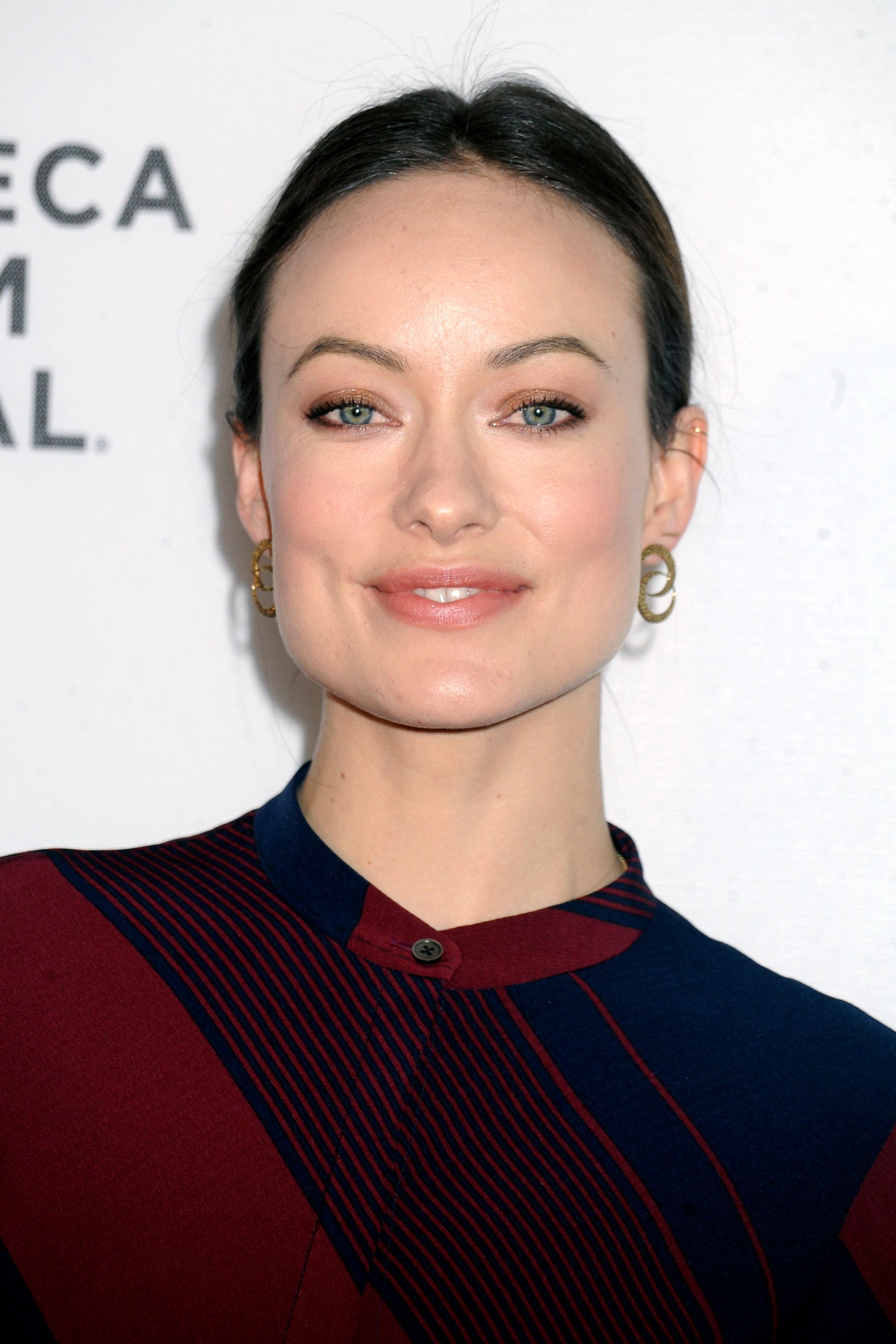
Correction appended, April 23
Olivia Wilde may be best known for her work onscreen in the likes of House and Tron: Legacy. But she’s increasingly getting more involved behind the camera, most recently in producing the documentary short Body Team 12.
The film, which screened at the Tribeca Film Festival and has a planned release in the fall, is directed by aid worker David Darg. It depicts the work a Liberian woman named Garmai Sumo, whose work hauling the bodies of the dead during the Ebola crisis is both arduous and emotionally taxing. In the time since, Sumo has moved from burying the dead to feeding the living and is involved in aiding the orphans of Monrovia through her Ebola Orphan Project. “It’s a wonderful tale of redemption for Garmai,” Darg says.
The film upsets and overwhelms with scenes of Sumo facing angry families even as she places herself at grave risk, but the film provides viewers uplift in the form of a fairly direct way to support Sumo’s work today. It emerged from Darg’s aid work in Liberia; he embedded with a body team along with journalists from the Washington Post and China’s CCTV. Wilde came in at a later stage of production; Darg and producer Bryn Mooser “approached me about coming on as an executive producer, and I wanted to help in any way I could to facilitate the process and help people see it.”
That’s a role with which Wilde has grown more and more comfortable. The actress joined Twitter in an attempt to raise money after the 2010 earthquake in Haiti. “That’s ancient history now,” she said, “and I’ve embraced it for both valuable causes and complete bulls—.”
Wilde, who in recent bookings on TV has brought Darg and Mooser along to speak authoritatively about Ebola, is on the forefront of celebrities who’ve embraced the power of celebrity to draw attention to causes, even if it erodes mystique.
“I think a lot of celebrities are coming around to the idea that Twitter and the Internet in all ways is not necessarily as representative of defeat as it was once seen,” she says. “When Twitter started, I think a lot of celebrities thought, ‘This is the ultimate betrayal of privacy, blah blah blah’—that it would ruin all sense of separation between people and celebrities.”
Instead, though, stars who use social media to promote causes are widely lauded, a change that Wilde pegs to broader societal indulgence of a life online. “It used to be very separated, and there was this sense of maintaining the illusion, and that an actor had to be anonymous so people would believe you in character. But I think the nature of society has changed and it’s happened for everyone, not just celebrities. People share more, and people expect to be shared with. There’s just a sense of acceptance of a more complex and dynamic life, a more varied personality.”
The one risk, perhaps, is Wilde’s believability as an actress given how out-front she is as a public persona. She’s unbothered: “Maybe there’s someone who won’t buy me because they’ve seen me speaking about Ebola on the Today show. Who knows? But that would seem very rigid to me.”
Correction: The original version of this story incorrectly described David Darg, who directed Body Team 12. He is an aid worker.
More Must-Reads from TIME
- Donald Trump Is TIME's 2024 Person of the Year
- Why We Chose Trump as Person of the Year
- Is Intermittent Fasting Good or Bad for You?
- The 100 Must-Read Books of 2024
- The 20 Best Christmas TV Episodes
- Column: If Optimism Feels Ridiculous Now, Try Hope
- The Future of Climate Action Is Trade Policy
- Merle Bombardieri Is Helping People Make the Baby Decision
Contact us at letters@time.com